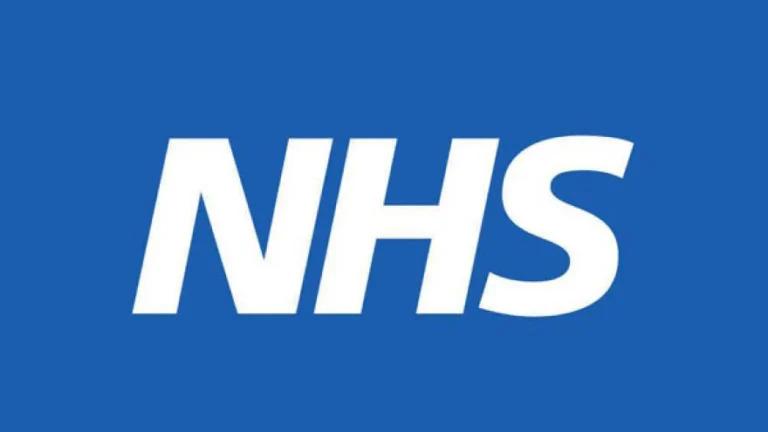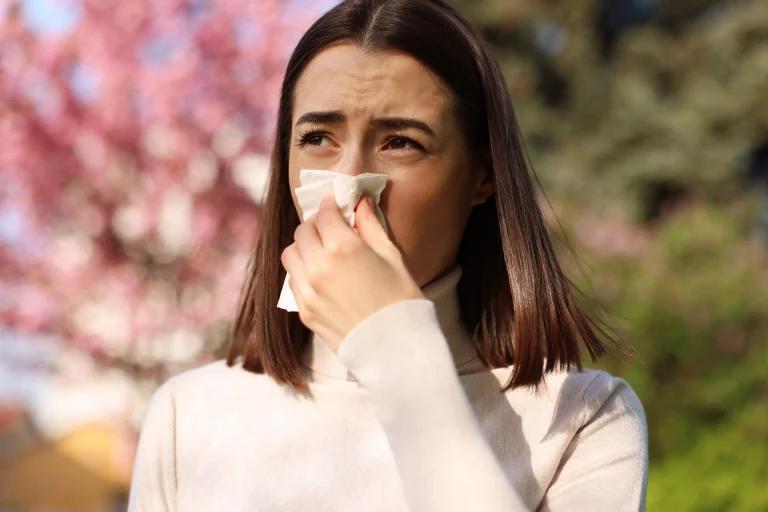

Nettle stings can be an uncomfortable and painful experience, but they are generally not serious and can be treated effectively at home. In this comprehensive guide, we will explore the causes and symptoms of nettle stings, as well as provide you with a step-by-step approach to treating them. From soothing the sting to preventing further discomfort, we’ve got you covered. Let’s dive in and learn how to effectively manage nettle stings.
Understanding nettle stings
Nettle stings, also known as urticaria, are caused by the release of chemicals from plants called nettles. These chemicals, such as histamine, can cause an immediate stinging sensation when they come into contact with the skin. The stinging sensation is often accompanied by redness, itchiness, and the formation of small raised bumps on the affected area.
Causes and symptoms
Stinging nettle rash occurs when the fine hairs on nettle plants come into contact with the skin and release irritating chemicals. These chemicals cause an allergic reaction in some individuals, resulting in the characteristic symptoms of nettle stings. Common symptoms include:
- Stinging or burning sensation on the skin
- Redness and inflammation
- Itching and irritation
- Formation of hives with raised areas of whitish blisters
- Swelling in severe cases
Immediate first aid for nettle stings
When you experience a nettle sting, it’s important to take immediate action to alleviate the discomfort. Follow these steps to provide immediate first aid:
- Move away from the nettle plant to avoid further stings
- Do not scratch or rub the affected area, as this can worsen the symptoms
- Wash the affected area with cold water and mild soap to remove any remaining nettle hairs
- Apply a cool compress or ice pack wrapped in a clean cloth to the sting for 10-15 minutes to reduce swelling and soothe the skin
- Take over-the-counter painkillers such as paracetamol or ibuprofen if needed for pain management. Discuss with the pharmacist any potential side effects and other medications you are taking
Natural remedies for nettle stings
If you prefer natural remedies, several options can help alleviate the discomfort caused by nettle stings. These remedies can be used in conjunction with the immediate first-aid measures mentioned earlier. Here are some natural remedies to consider:
- Aloe vera: Apply aloe vera gel directly to the affected area for its soothing and anti-inflammatory properties
- Baking soda paste: Mix baking soda with water to create a paste and apply it to the sting. This can help reduce itching and inflammation
- Calendula cream: Calendula cream, derived from marigold flowers, can provide relief from itching and promote healing when applied to nettle stings
- Oatmeal bath: Soaking in an oatmeal bath can help soothe the skin and relieve itching. Add finely ground oatmeal to warm bathwater and soak for 15-20 minutes
Over-the-counter treatments
If home remedies do not provide sufficient relief, over-the-counter treatments can be used to manage nettle stings. These treatments are readily available at pharmacies and can help alleviate symptoms. Consider the following options:
- Antihistamine creams or tablets: Antihistamines can help reduce itching, inflammation, and allergic reactions caused by nettle stings. Follow the instructions on the packaging or consult a pharmacist for appropriate dosages
- Hydrocortisone cream: Hydrocortisone cream is a topical steroid that can relieve itching and reduce inflammation when applied to the affected area
- Pain relievers: Over-the-counter pain relievers such as paracetamol or ibuprofen can help alleviate pain and discomfort associated with nettle stings. Follow the recommended dosage instructions
Prevention and protection
Prevention is key when it comes to nettle stings. By taking certain precautions, you can minimize your risk of encountering nettles and experiencing stings. Consider the following preventive measures:
- Wear protective clothing: When spending time outdoors in areas where nettles are present, wear long sleeves, long pants, and closed-toe shoes to minimise skin exposure
- Use insect repellent: Apply insect repellent to exposed skin to deter insects, including nettles
- Avoid touching nettles: Be cautious when exploring unfamiliar areas and avoid touching any plants that resemble nettles
- Teach children about nettles: Educate children about the appearance of nettles and the importance of avoiding contact with them
When to seek medical attention
In most cases, nettle stings can be effectively managed at home. However, there are situations where medical advice may be necessary from a healthcare professional. Seek medical help if:
- The symptoms worsen or persist for more than a few days despite home treatment
- The sting is on the face, mouth, or throat, as this can lead to more severe reactions
- You experience difficulty breathing, chest tightness, or swelling of the lips, tongue, or throat, as this may indicate a severe allergic reaction and life-threatening in rare cases
- You have a known allergy to nettle stings or a history of severe allergic reactions
Conclusion
Nettle stings can be an uncomfortable and bothersome experience, but with the right knowledge and treatment, you can effectively manage the symptoms. By following the immediate first aid measures, using natural remedies or over-the-counter treatments, and taking preventive measures, you can alleviate the discomfort caused by nettle stings. Remember to seek medical attention if necessary, especially in cases of severe allergic reactions. Stay informed, stay protected, and enjoy the outdoors without the worry of nettle stings.
Sources
- Insect bites and stings – NHS
- Insect bites & stings – Injuries & first aid | NHS inform
- Nettle Stings – Symptoms & Treatment – Advice | St John Ambulance
NowPatient has taken all reasonable steps to ensure that all material is factually accurate, complete, and current. However, the knowledge and experience of a qualified healthcare professional should always be sought after instead of using the information on this page. Before taking any drug, you should always speak to your doctor or another qualified healthcare provider.
The information provided here about medications is subject to change and is not meant to include all uses, precautions, warnings, directions, drug interactions, allergic reactions, or negative effects. The absence of warnings or other information for a particular medication does not imply that the medication or medication combination is appropriate for all patients or for all possible purposes.







